In the voice result, Anthony Albanese has paid a heavy price for ignoring lessons of history

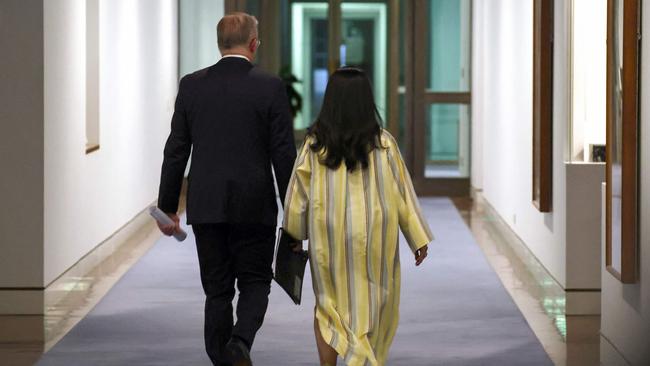
It was an appeal that has today been comprehensively rejected by a majority of voters.
Fundamental mistakes were made by the government.
First and foremost are the failures to respect the lessons of history.
The successful referendums had a long period of socialising the proposition. The absence of a referendum convention on the voice was a critical error.
Secondly, all had bipartisan support.
Both were learnings which Anthony Albanese ignored.
The unforeseen problem was the potency and discipline of the No case which presented a clear message, fronted by two prominent and articulate Indigenous people.
This was hugely damaging to the Yes case, which lacked precision and was damaged by the partisan nature of the political debate, fuelled by an implicit message that people who didn’t support it were deficient and heartless.
The No campaign’s success in stoking the fears of division, unfounded or not, was devastating.
It had been clear for five months that the voice referendum was in trouble.
Yet the Prime Minister appeared to remain indifferent to the early signs.
There was no correction, no compromise, no attempt to revise the message, to shake up the campaign, or even withdrawing and starting again.
Many Indigenous Australians will be devastated by the result. They have been let down throughout the debate.
There are no political winners from a result that also reflects a very loud rejection of the elites.
There will be an attempt to frame Peter Dutton and the right-wing machine as the villains.
For Albanese, the consequences are unknown. Many Labor supporters voted No. Some of the strongest No votes have been in traditional blue-collar Labor seats. Not a single Labor MP campaigned for No.
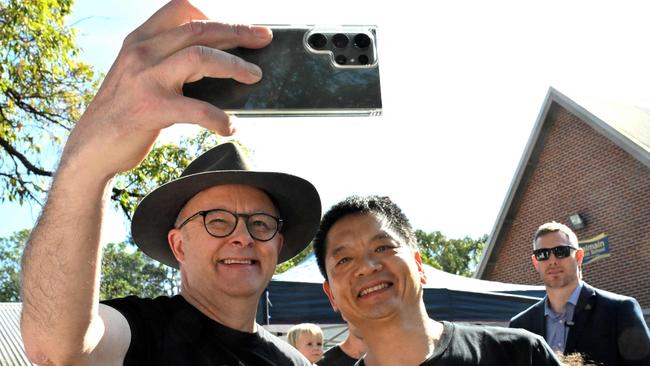
Failure of the referendum doesn’t necessarily go to fatality of leadership.
But the question is whether there is a residual effect that goes to a broader issue of political competence and judgment.
Is what has been exposed by the voice reveal something endemic about how Albanese deals with the big issues?
Two things are certain. There won’t be another referendum within the next decade.
But the government must now have an alternative plan to address the nation’s failure of Indigenous Australians that it claimed the voice would address.
This must have bipartisan support.
There will also doubtless be bloodletting and recriminations.
Albanese needs to recognise what has happened while pivoting quickly back to the economic question.
The Prime Minister has burnt through a lot of political capital on his key election night pledge.
His colleagues might forgive the failure of the voice but they won’t forgive a failure to address the more primary cost of living concerns that have been ignored while the government’s eyes have been fixed elsewhere.
They will now be looking for the recovery story.

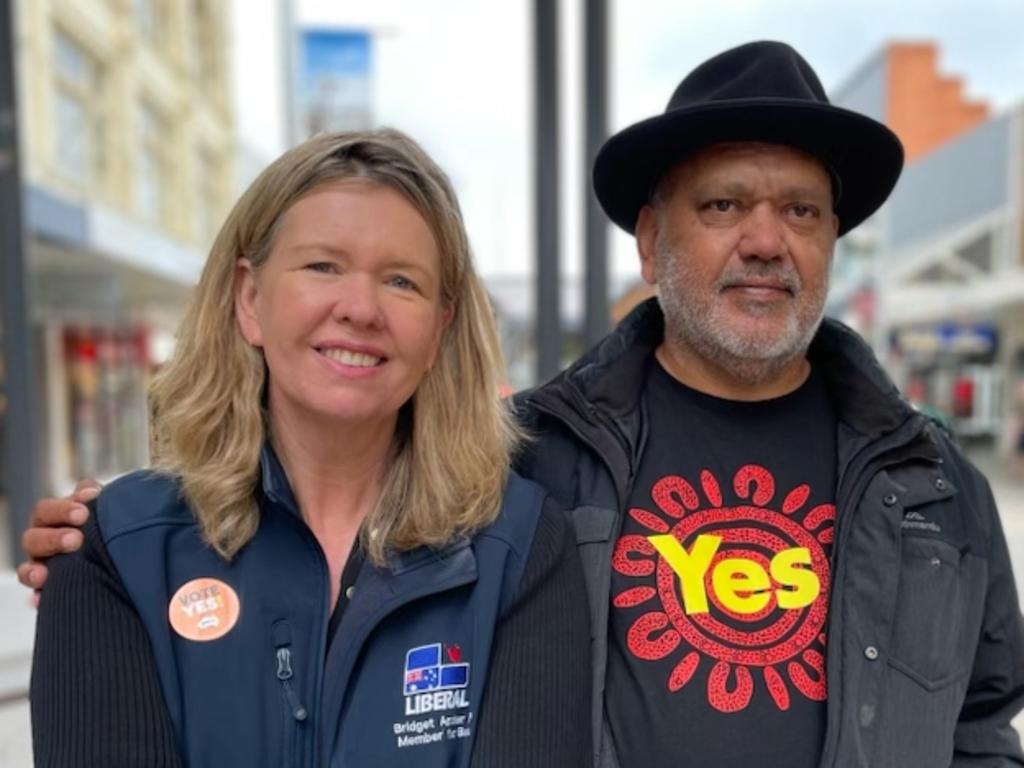
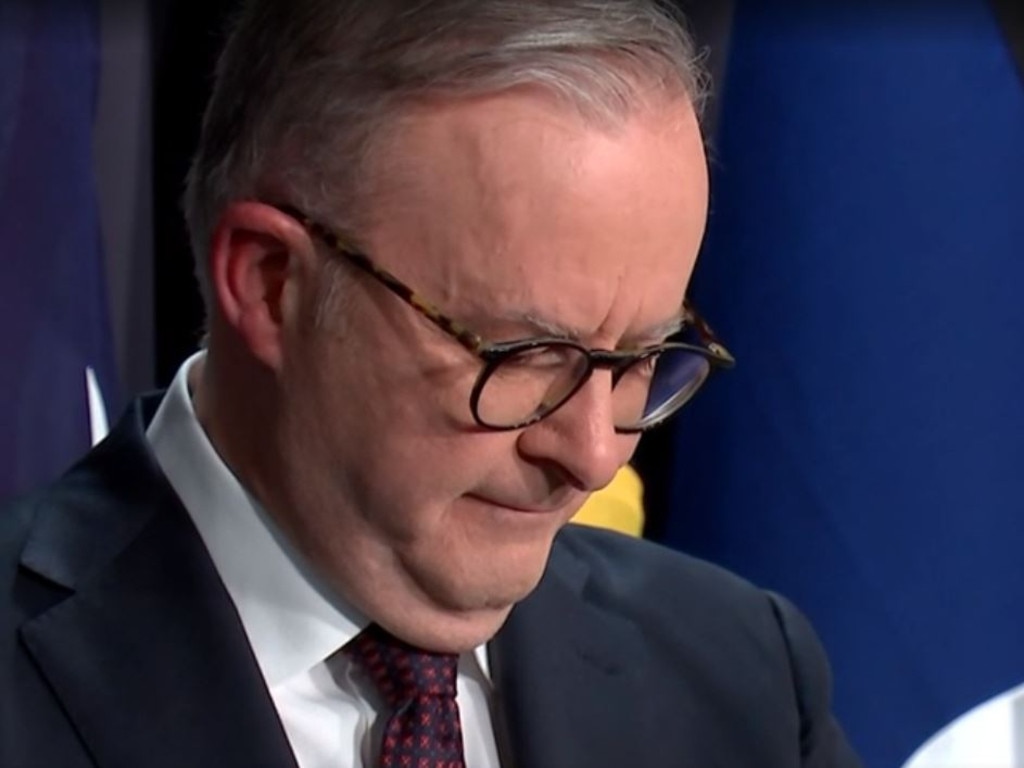
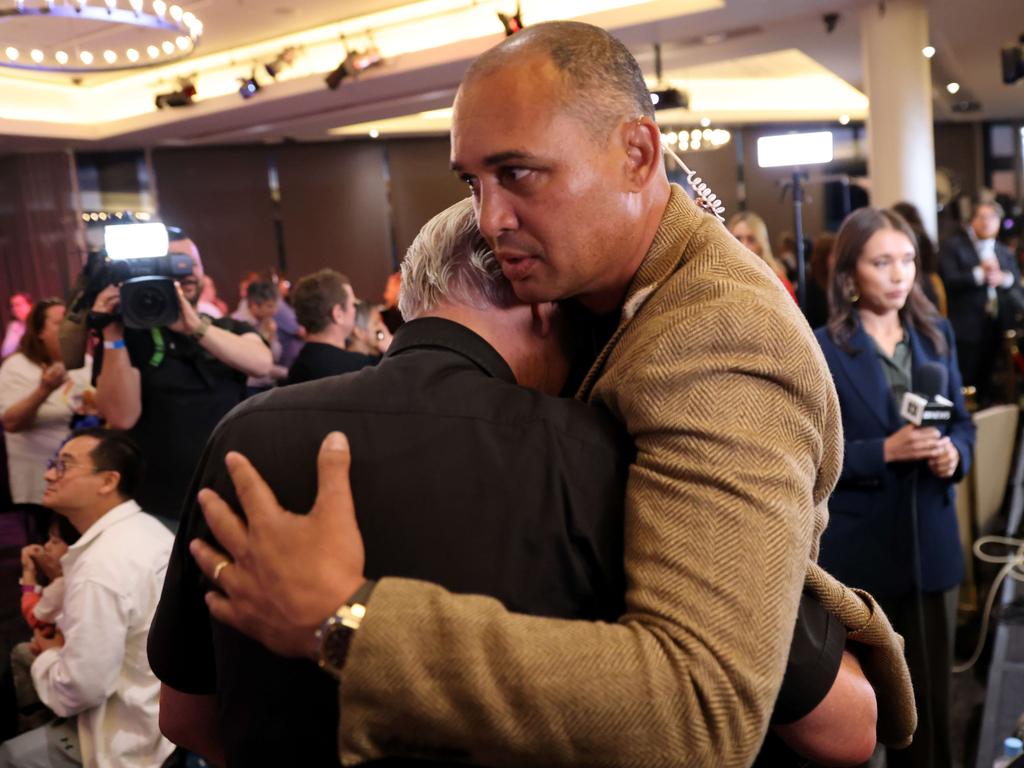
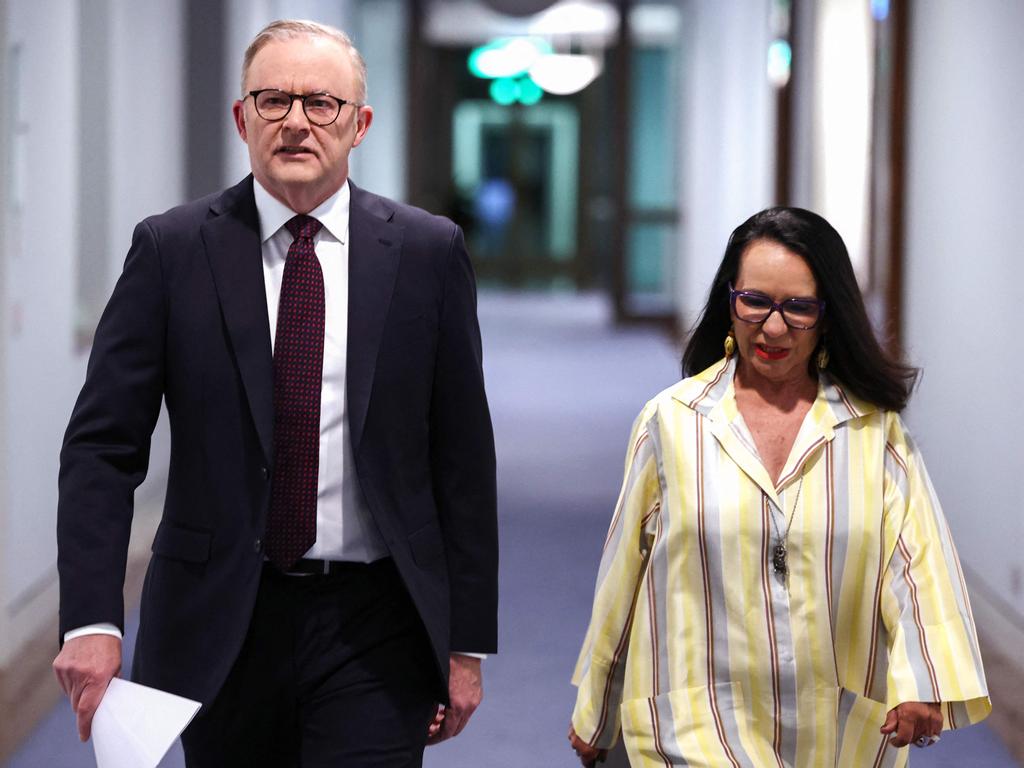


In the end, Australians were being asked to take a leap of faith on an open-ended question lacking in detail and clarity.